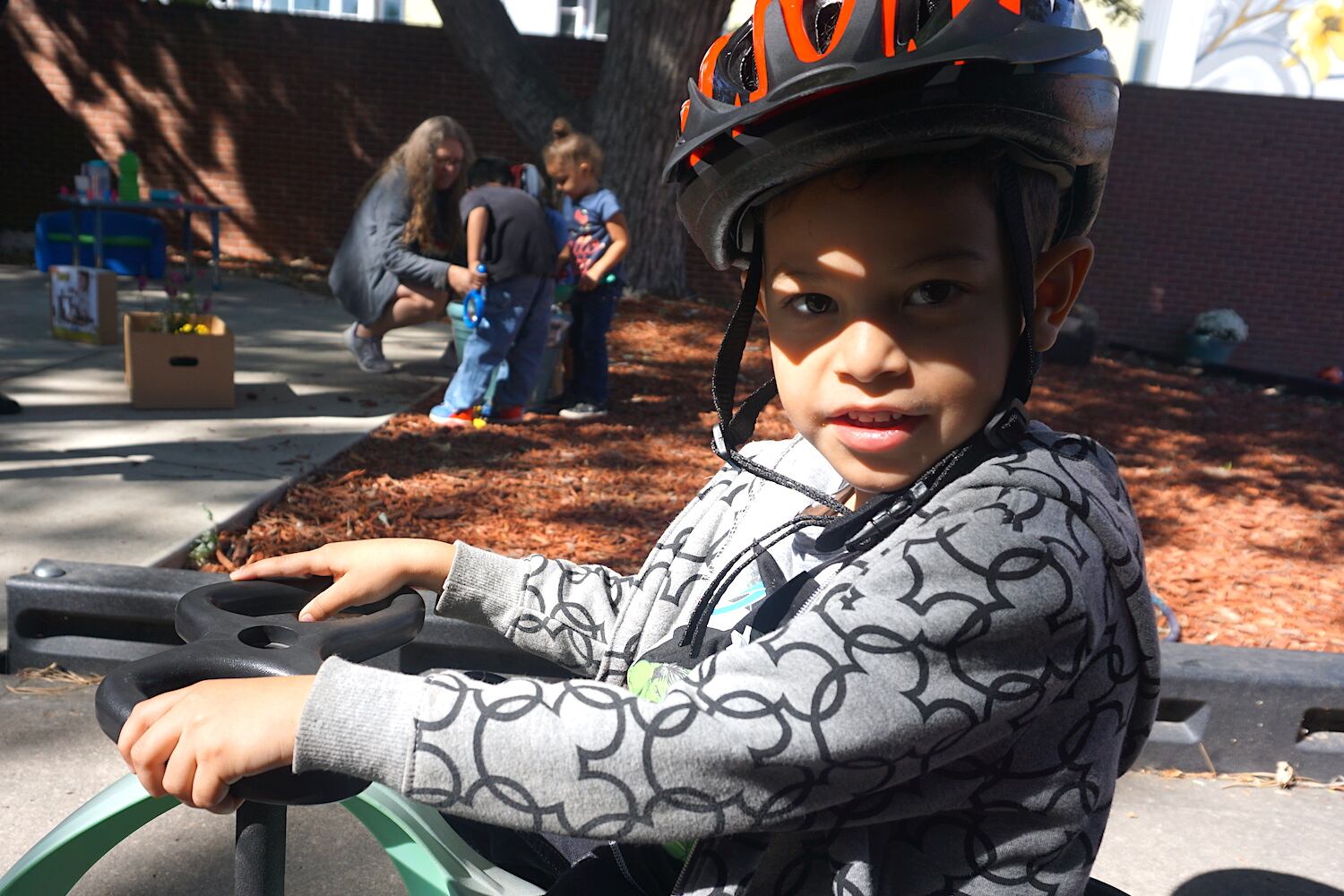Colorado children from low- and even middle-income families could be eligible for 20 hours a week of free preschool next year under proposed rules set to be discussed this week. That’s double the 10 hours a week guaranteed to all 4-year-olds under the law.
The draft rules would allow families that earn up to 270% of the federal poverty limit — about $75,000 for a family of four — to qualify for extra preschool hours. The income limits outlined by the current preschool program are much tighter — 185% of federal poverty guidelines.
Median household income in Colorado is $75,231 according to U.S. Census data.
Children who are dual language learners, have disabilities, or are in foster care would also qualify for the additional 10 hours a week.
The proposed rules, which will be considered by a state advisory council Thursday, address two key questions about Colorado’s universal preschool program: Who will be eligible for additional hours and how many additional hours will they get?
When lawmakers and early childhood leaders pitched universal preschool, they said all 4-year-olds would get at least 10 hours a week, with additional time for children with the greatest needs. But it wasn’t clear what additional time or greatest needs meant.
Now, although the rules are not final and could still change, specifics are coming into focus.
For example, the rules would expand the pool of children considered low-income compared to rules governing the state’s existing preschool program. That means wider access to the 20-hour preschool week, possibly addressing concerns from some parents and preschool providers that the state’s 10-hour-a-week plan is too meager.
Kelly Altizer, who heads the group that will oversee universal preschool efforts in Adams County, said of the wider income eligibility, “In my mind, that’s exciting news.”
She said the 270% threshold would allow a majority of families in the Westminster district, where she was an administrator, to qualify for 20 hours of preschool.
Lisa Roy, executive director of the state’s new early childhood department, will have the final say over universal preschool rules, but she’s expected to consider the advisory council’s input as she makes decisions. The eligibility rules to be discussed Thursday are slated to take effect Sept. 29, according to the department’s draft document.
The state’s existing preschool program is in its last year and will be replaced by the universal program in the fall of 2023. The current program serves about 21,000 students, mostly 4-year-olds, who come from low-income families or have other risk factors such as language delays or poor social skills.
The new preschool program, which could enroll triple the number of students, will be funded with money from the current preschool program and funds from a nicotine tax Colorado voters approved in 2020.
Ann Schimke is a senior reporter at Chalkbeat, covering early childhood issues and early literacy. Contact Ann at aschimke@chalkbeat.org.






